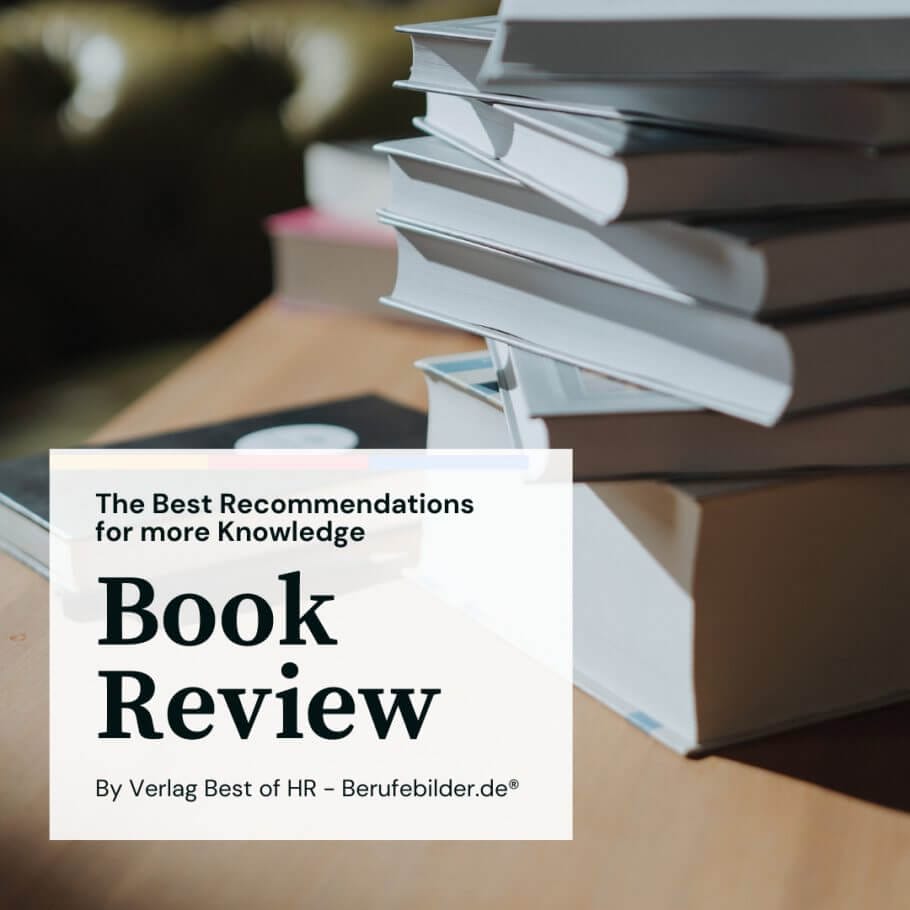For their successful, good life Information you really need: Government-funded publisher, awarded the Global Business Award as Publisher of the Year: Books, Shops, eCourses, data-driven AI-Services. Print and online publications as well as the latest technology go hand in hand - with over 20 years of experience, partners like this Federal Ministry of Education, customers like Samsung, DELL, Telekom or universities. behind it Simone Janson, German Top 10 blogger, referenced in ARD, FAZ, ZEIT, WELT, Wikipedia.
Disclosure & copyrights: The IUBH International University of Applied Sciences Bad Honnef supported our work financially. Images created as part of a free collaboration with Shutterstock.
Dual Studies - Study with Vocational Training: Who Worth the Double Expenditure?
By Fabian Linden (More) • Last updated on October 03.11.2023, XNUMX • First published on 30.08.2016/XNUMX/XNUMX • So far 7147 readers, 2687 social media shares Likes & Reviews (5 / 5) • Read & write comments
High school seniors are spoiled for choice Choice: Vocational Training, Study or even both at the same time? The latter corresponds to the dual course of study, which combines a university degree with longer practical phases. sounds useful, but is not always the best choice.

Training remuneration simplifies funding
A dual degree is intended to avoid the “practical shock” that often occurs when career entry help avoid. But despite the sensible Combination of practical work and theoretical Basics this form of training is not always the best choice.
To the undisputed Advantages of the dual study includes the high level of practical relevance: After the study phase, what you have learned can be used Background im Companys applied and thereby deepened. Unlike a full-time university degree, students can get an early impression of the work life in the intended Job gain.
Financial benefits
In addition, dual students as well as trainees receive one Compensation between 500 and 1.000 Euro monthly lies. Even if these amounts are not always for a complete Financing of subsistence, the gap is comparatively small.
Those who are studying full-time and who do not have the right to receive support under the BAföG must, on the other hand, have to make a side job or live a financing of their parents. According to a survey, however, about half of all dual students can fully support their livelihood from the training remuneration.
More and more study courses can be studied dually
A disadvantage of the dual study is the fact that the high practice reference makes the scientific work in the background. If the Bachelor is to pursue an academic career, work in the university or an entry into the research, a conventional university study is the better choice.
However, the selection in courses that can be completed as dual studies. Previously, all professions in the field of engineering and business administration were in demand, but now that's enough Spectrum of study courses, as the IUBH shows: Social work, tourism or health management can also be studied as part of this type of training. Anyone who wants to start a career in one of these anyway Industries planning should definitely consider the dual study program.
Much practice - and little holiday
One of the disadvantages of the dual study program is, however, the comparatively high workload. Unlike full-time students, there is no semester breaks.
The lecture-free time is mostly used for the practical phases in the enterprise - for days off then leave must be taken, as it is common practice in the professional life. Unlike usual for ordinary workers, it is not uncommon to learn after-work time for upcoming exams.
Different forms of dual study
In this context, however, it makes sense to differentiate between different forms of dual study: the integrated study program combines the Bachelor's degree program with a complete vocational qualification. Consequently, in addition to the practical phase and studies, a lot of time has to be invested in the vocational school - in the end there is also an IHK examination as well as after an apprenticeship.
The practice-integrated course, in which simple practical phases are combined with the bachelor's degree, is a little less work-intensive. Anyone who decides on the dual study program and sticks it out to the end can look forward to brilliant job prospects. The companies have a lot of work and Money invested in the training of these graduates, in almost all cases they are then employed permanently. The already low unemployment rate of 2,5 percent among university graduates is likely to be significantly lower for dual degree graduates.
Here writes for you
Fabian Linden is an online editor with a focus on education, career and technology. All texts by Fabian Linden.
3 Answers to "Dual study - studying with vocational training: For whom is it worth the double effort?"
-
Dual Studies - Studying with Vocational Education: For Whom is the Double Effort Worth? by Sina Lehmann - Recommended contribution F7NiCPnvtX #OSB_AG
-
Dual Studies - Studying with Vocational Education: For Whom is the Double Effort Worth? by Sina Lehmann - Recommended contribution Yb7SQemUjH
-
Dual studies - studying with vocational training: For whom is the double effort worthwhile? by Sina L ... - Recommended contribution SoAC0jYBWa #Professional # Education









Post a Comment